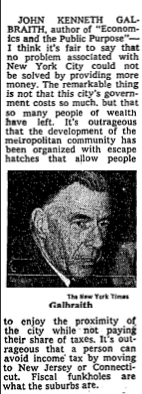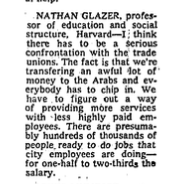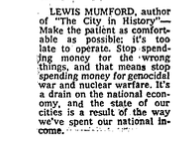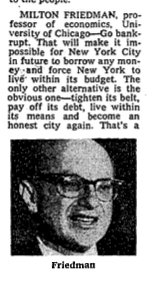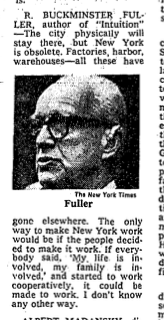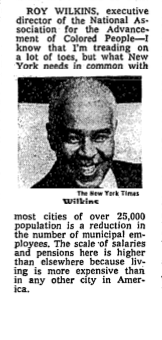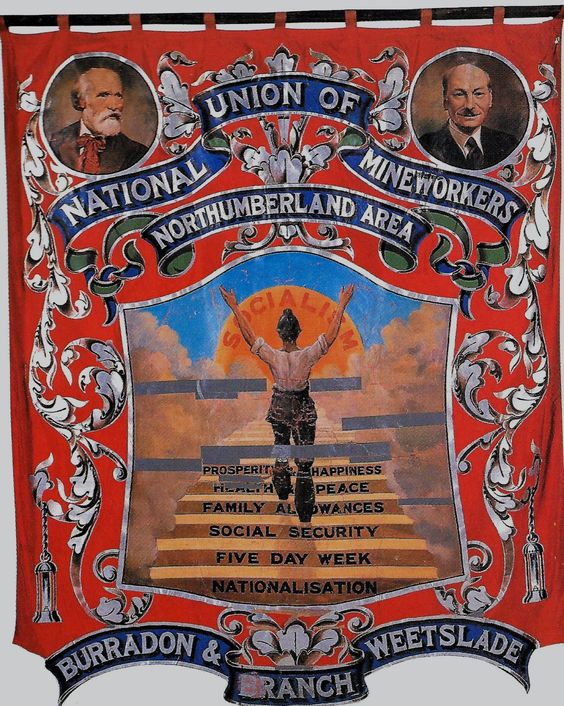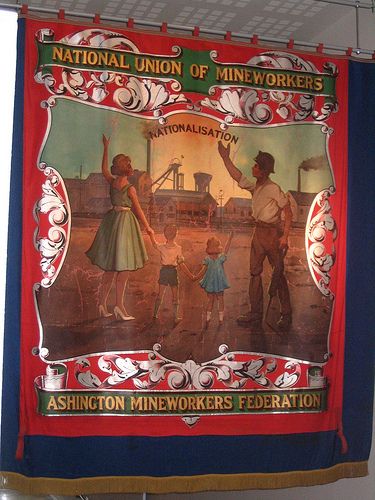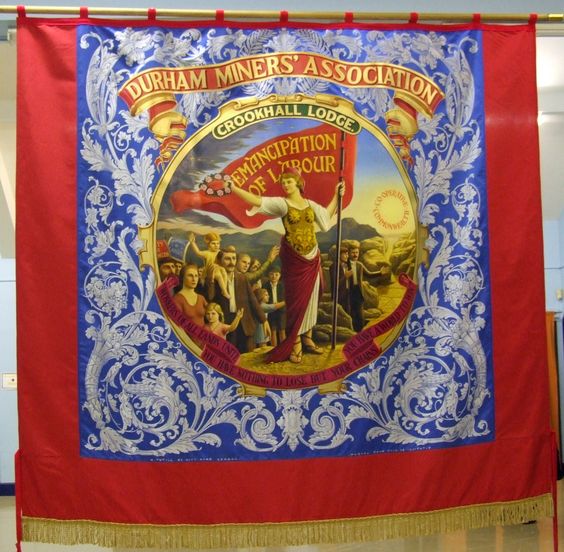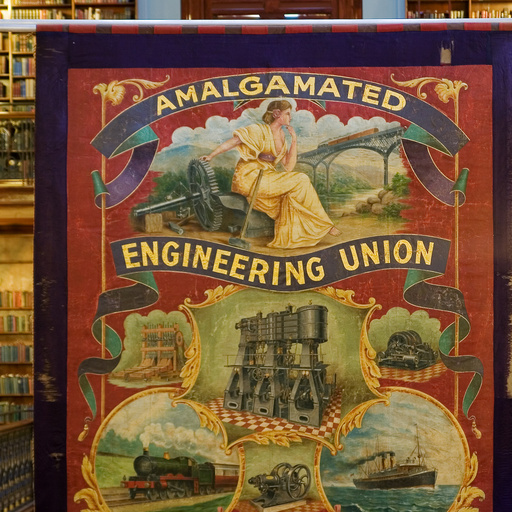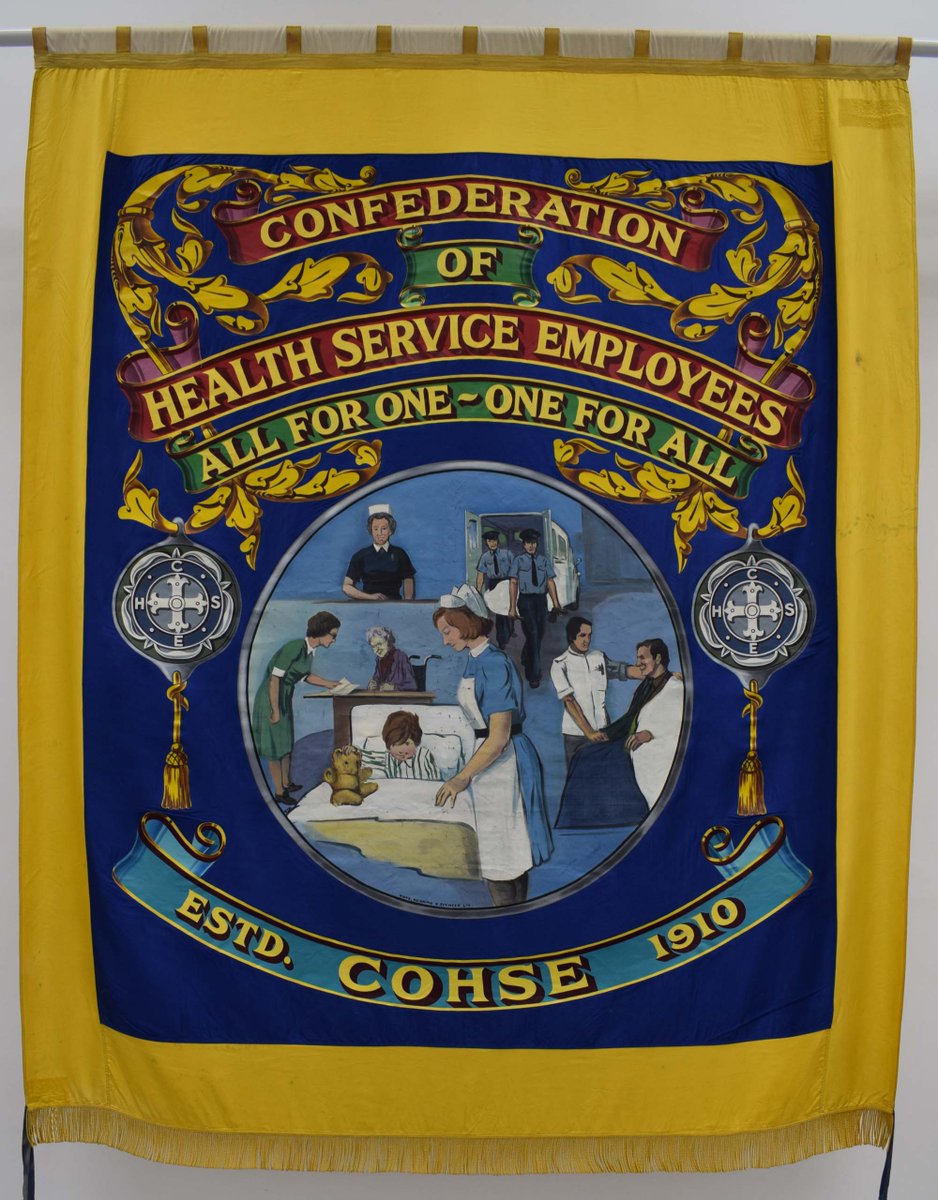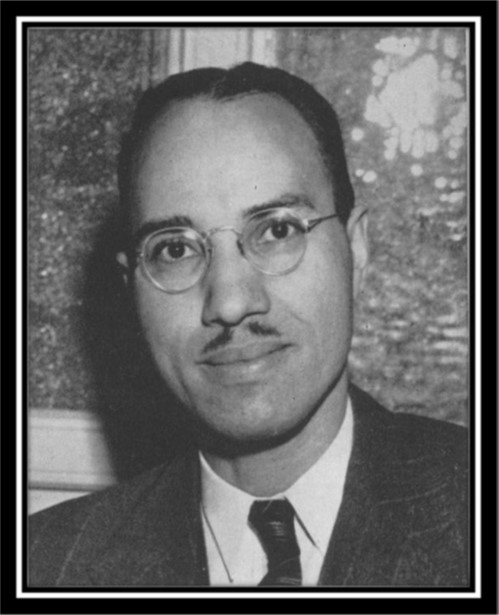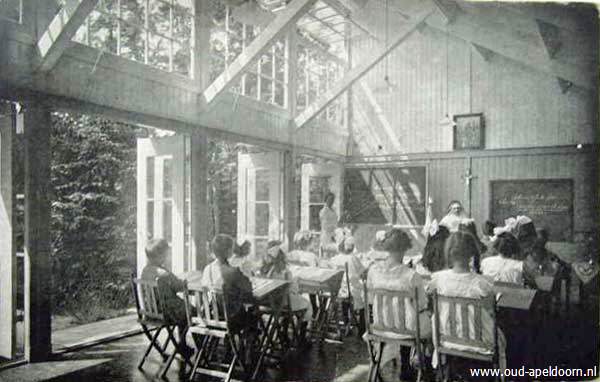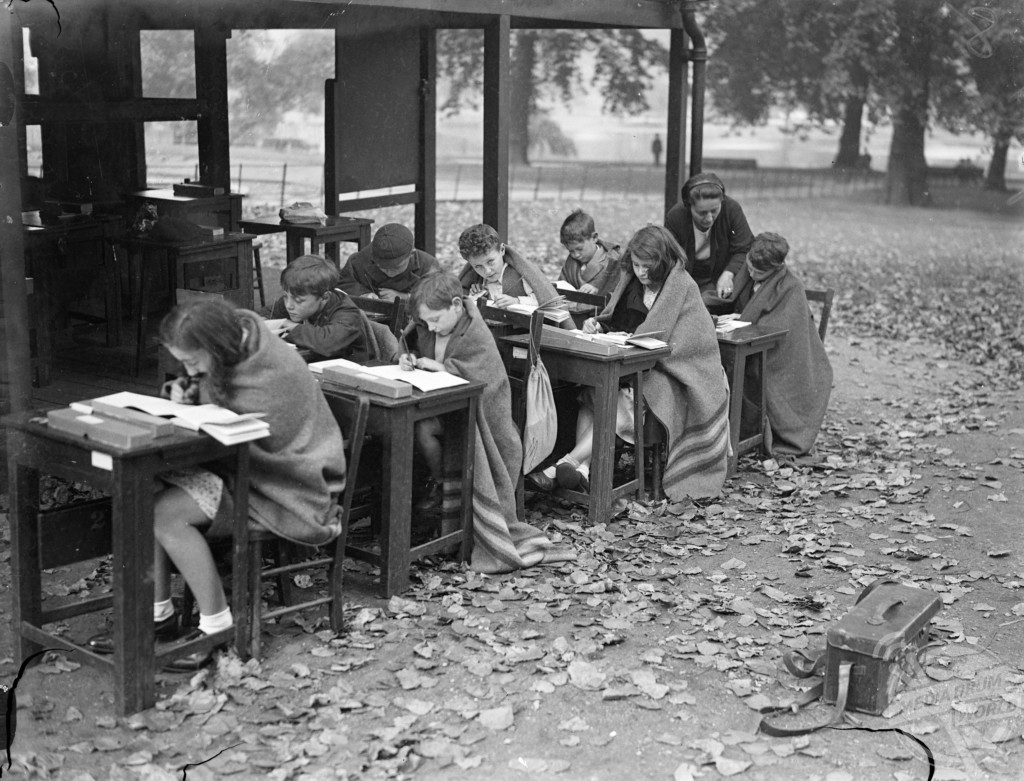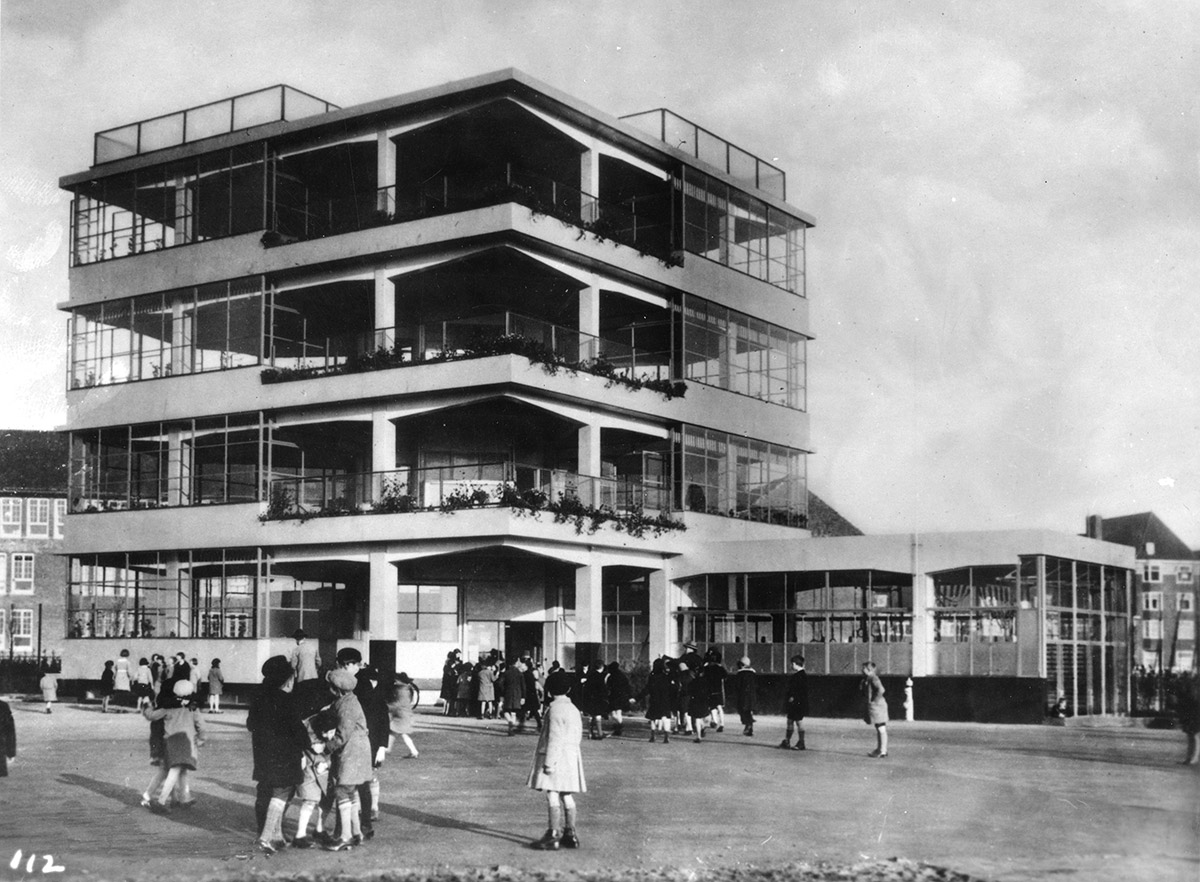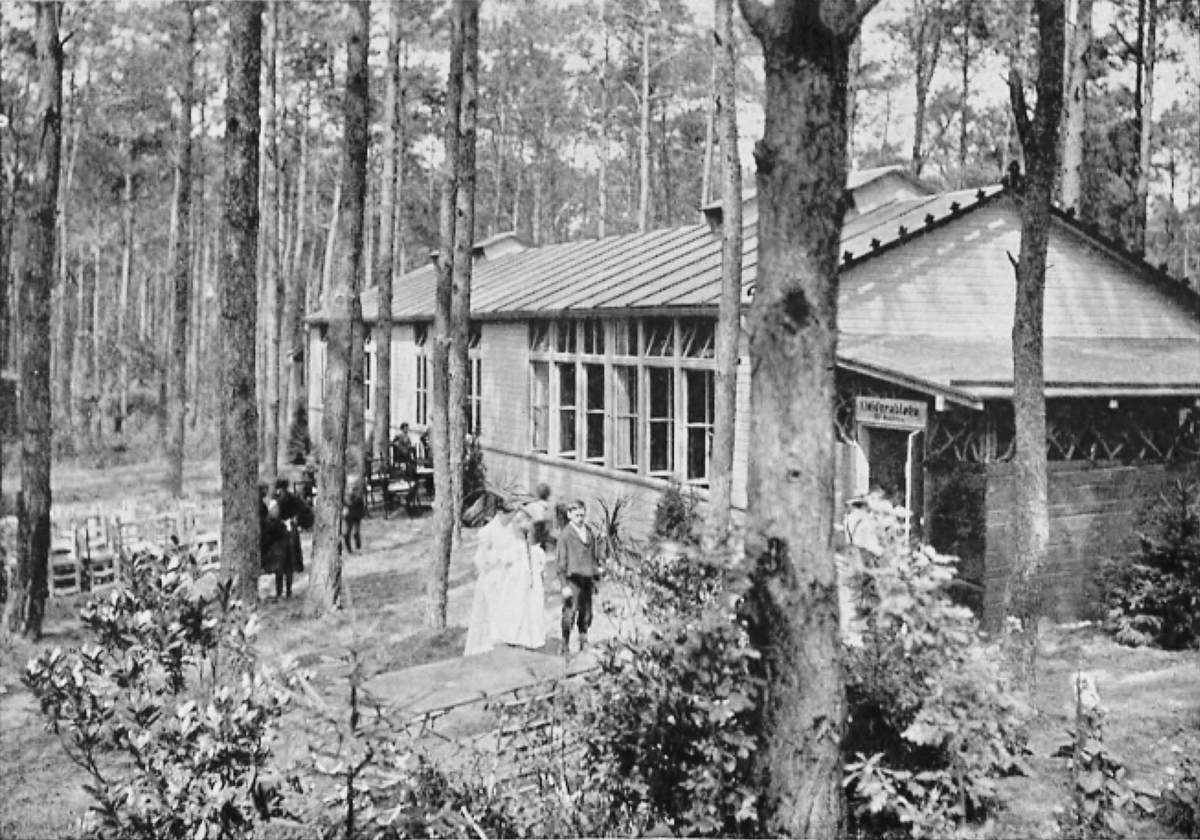In 1942, the bond-rating firm J. Austin White and Co. released a report analyzing municipal bonds and finances.
It's the most racist primary-source document I've ever come across. (1/7)
babel.hathitrust.org/cgi/pt?id=mdp.…

It's the most racist primary-source document I've ever come across. (1/7)
babel.hathitrust.org/cgi/pt?id=mdp.…
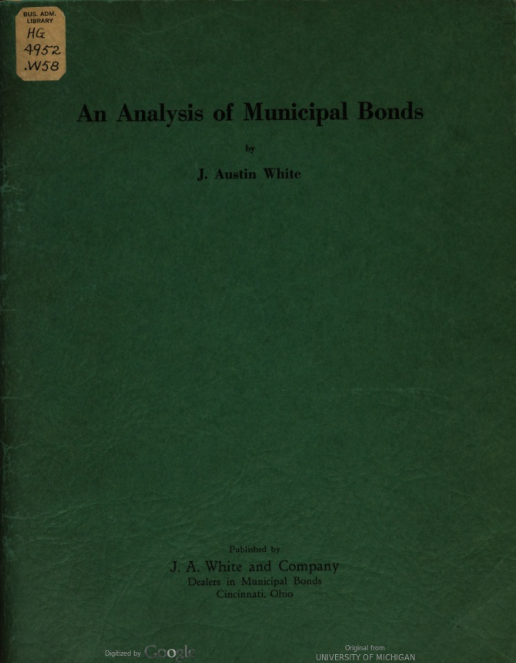
The document starts off by saying that “it is necessary, in order properly to appraise the credit of a city, to subject it to the same tests which one would subject the individual citizens should they be asking to borrow money”
- fiscally problematic, but OK. But then... (2/7)
- fiscally problematic, but OK. But then... (2/7)
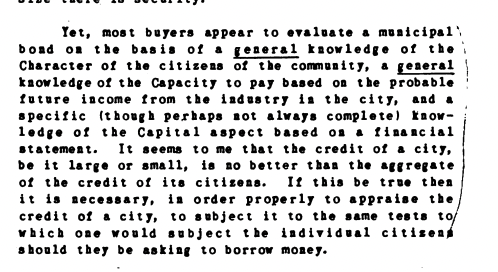
It describes how bond-purchasers need to examine the foreign extraction of a city in order to determine whether its citizens had the right "character."
Northern Europeans, for example, were "thrifty," where Southern Europeans "spen(t) money freely." (3/7)
Northern Europeans, for example, were "thrifty," where Southern Europeans "spen(t) money freely." (3/7)
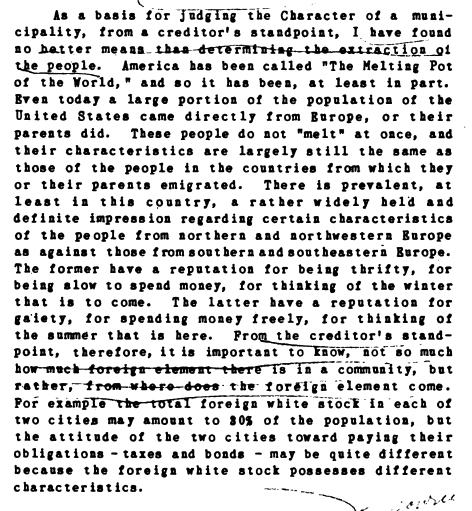
But the document goes on to say that creditors need not consider how many "Negroes (sic), Mexicans, Indians, Chinese or Japanese" were in a community - because many of them did not vote, and "communities more broadly were "run entirely by the white people." (4/7) 
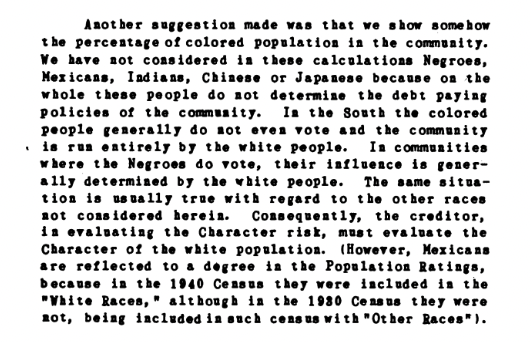
The document goes on to "rate" cities based on both their economic diversity and their population, paying special attention to their proportion of "Northern" vs. "Southern" European population. (5/7) 

Bond rating guides like this did for cities what the infamous FHA redlining maps did for homeowners: bar areas with marginalized populations from receiving financial aid. And both policies led to the kind of urban disinvestment and crises we saw in the 1970s. (6/7) 
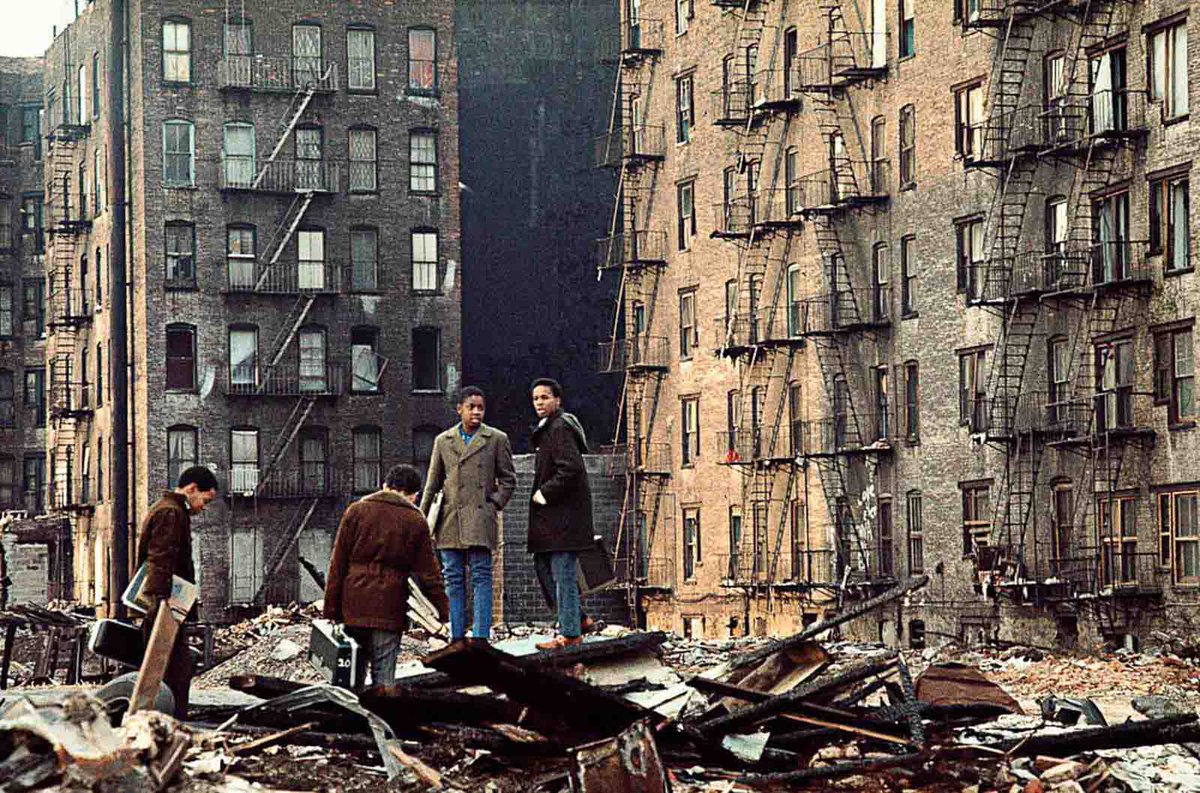
The solution here isn't to "liberalize" lending policies necessarily (#predatoryinclusion), but to replace extractive forms of financing with ones owned and operated by the people they serve (fin). (7/7) 
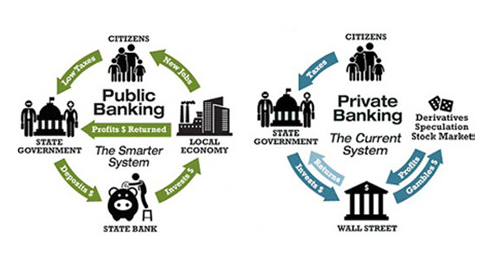
@UrbanHistoryA @gorenflo @nmcinroy @SolidarityEcon @MarketUrbanism @clmarohn @mattyglesias @CityLab @urbaninstitute @ProfessorSophie @blackurbanist @ad_mastro @vishaannyc @ourcityRTTC @pcityradical @PEWilliams_ @NewEconomyNYC @its_mccarthy @DestinKJenkins @FieldsDesiree
@AntBreach @mossmitchell @HealeyParera @bradlander @bruce_katz @NewLeftEViews @DanielaGabor @Thomas_Marois @zeithistoriker @KeeangaYamahtta
@WEAll_Alliance
@AntBreach @mossmitchell @HealeyParera @bradlander @bruce_katz @NewLeftEViews @DanielaGabor @Thomas_Marois @zeithistoriker @KeeangaYamahtta @MunicipalDreams @berkie1 @jryancollins @ronanlyons @SCP_Hughes @graykimbrough @aarmlovi
@DanImmergluck @Tashflorentin @RegionalPlan @ANHDNYC @aforhj
@DanImmergluck @Tashflorentin @RegionalPlan @ANHDNYC @aforhj
@UrbanHistoryA @gorenflo @nmcinroy @SolidarityEcon @MarketUrbanism @clmarohn @mattyglesias @CityLab @urbaninstitute @ProfessorSophie @blackurbanist @ad_mastro @vishaannyc @ourcityRTTC @pcityradical @PEWilliams_ @NewEconomyNYC @its_mccarthy @DestinKJenkins @FieldsDesiree @davidjmadden
@LeavittAlone
@Eric_Erins
@AntBreach @mossmitchell @HealeyParera @bradlander @bruce_katz @NewLeftEViews @DanielaGabor @Thomas_Marois @zeithistoriker @KeeangaYamahtta @MunicipalDreams @berkie1 @jryancollins @ronanlyons @SCP_Hughes @graykimbrough @aarmlovi @DanImmergluck @RegionalPlan @ANHDNYC @aforhj @EricAllixRogers
@TomSugrue
@yimbyalliance @yimbytweets
@StrongTowns @JakeAnbinder
@LarryGlickman
@landpolicy
@commondreams @inequalityorg @Truthdig @Shareable @npquarterly
@BlackSocialists
@Amanda_Kass
@UChicagoPress
@postgrowth
• • •
Missing some Tweet in this thread? You can try to
force a refresh



